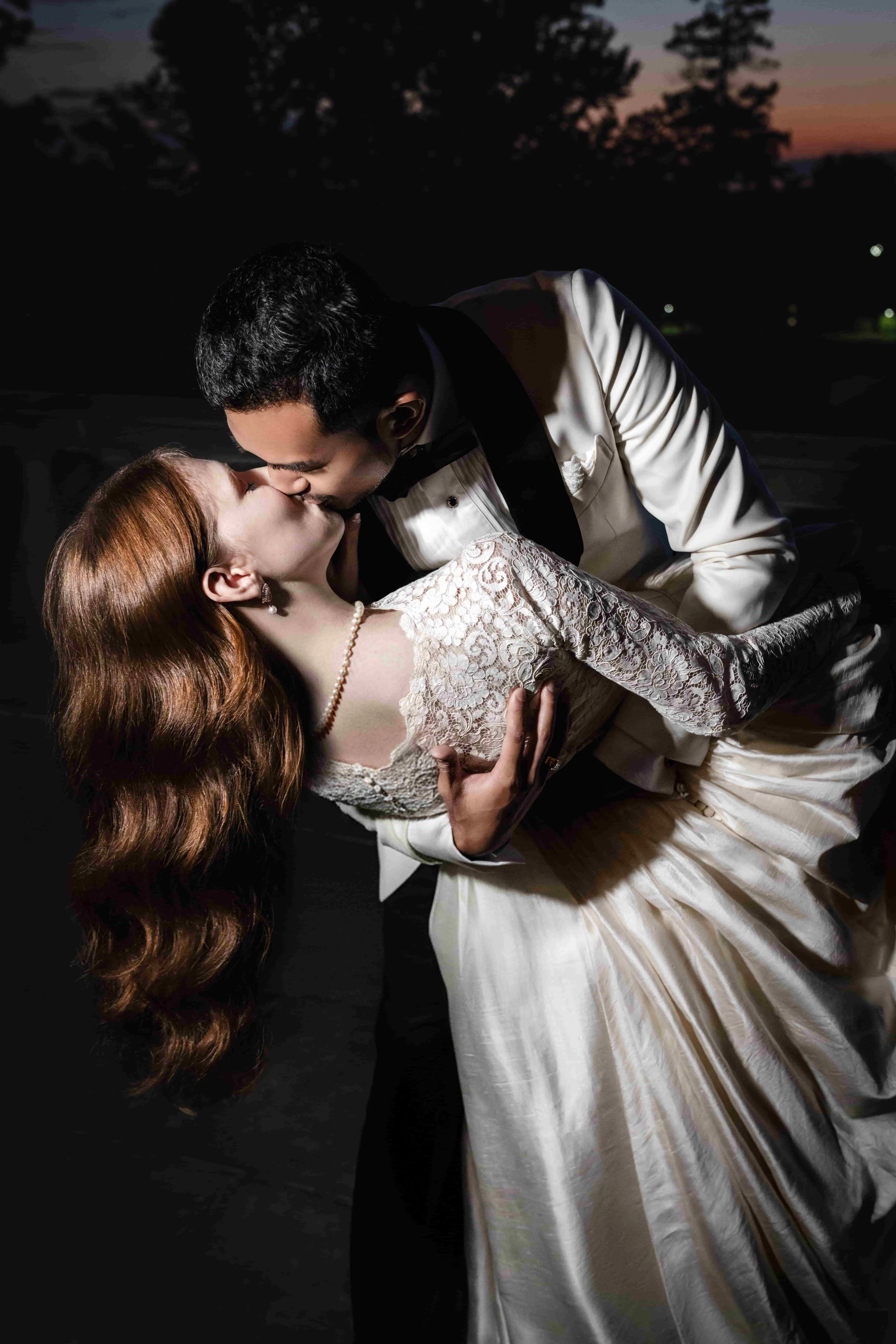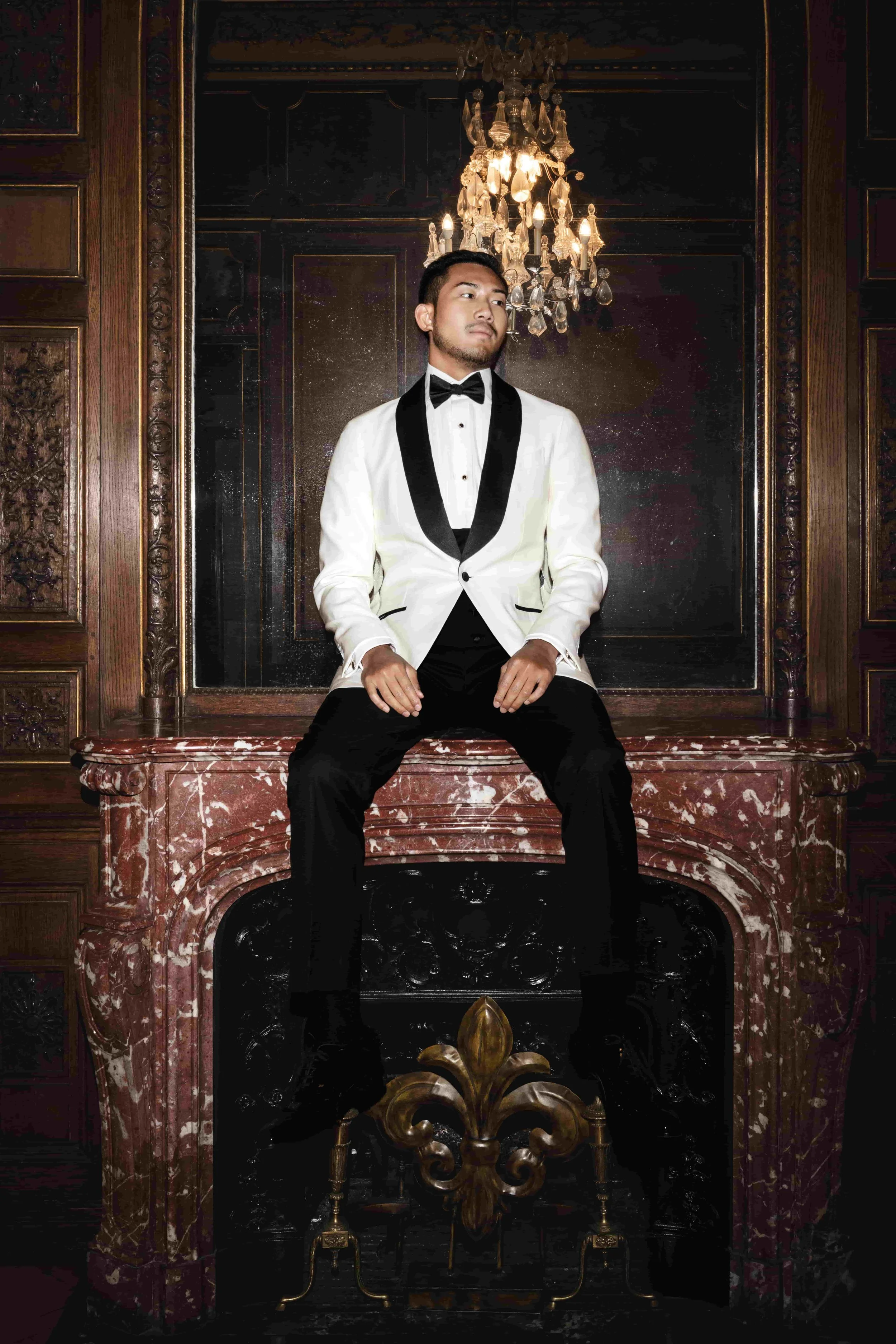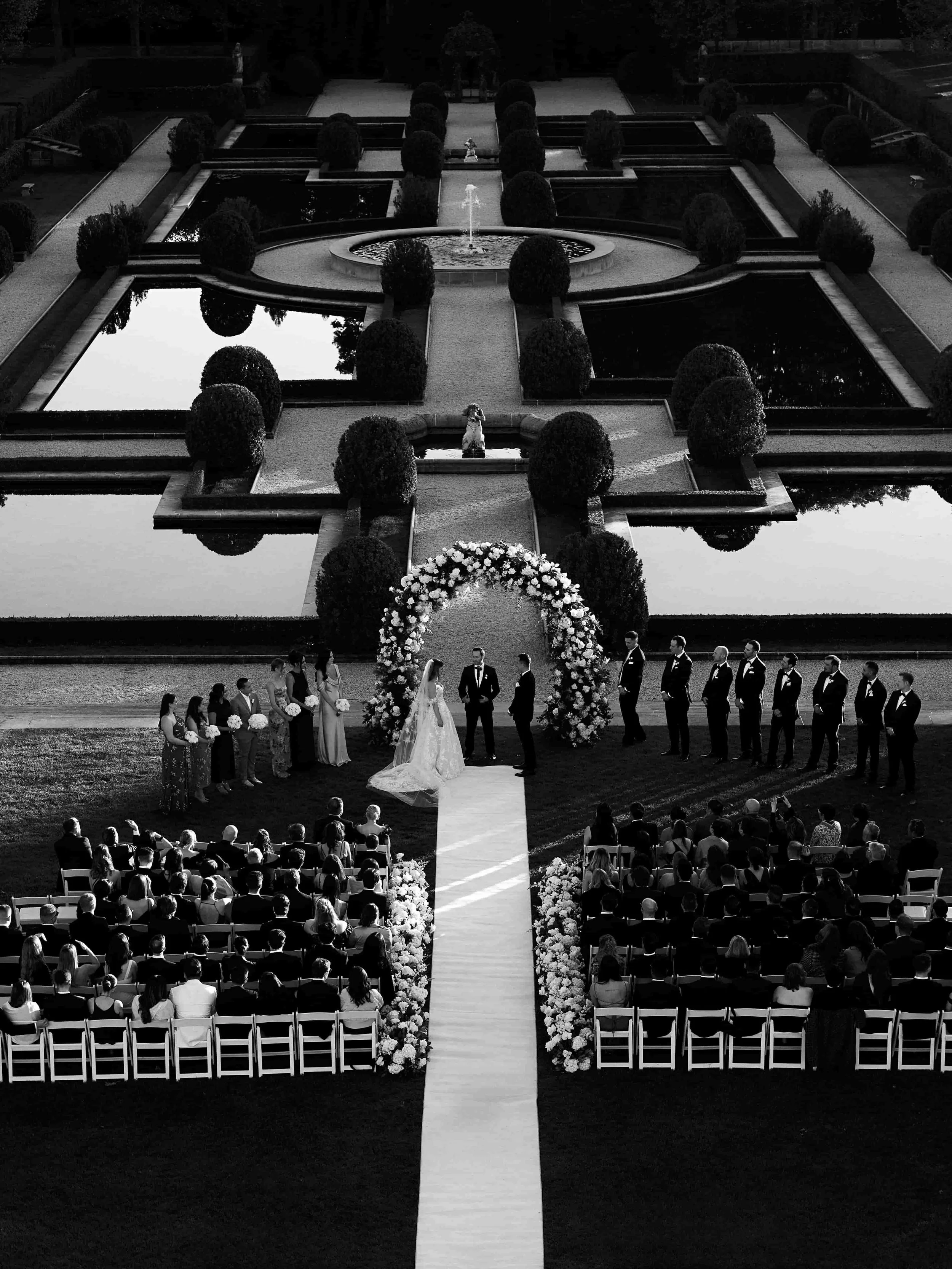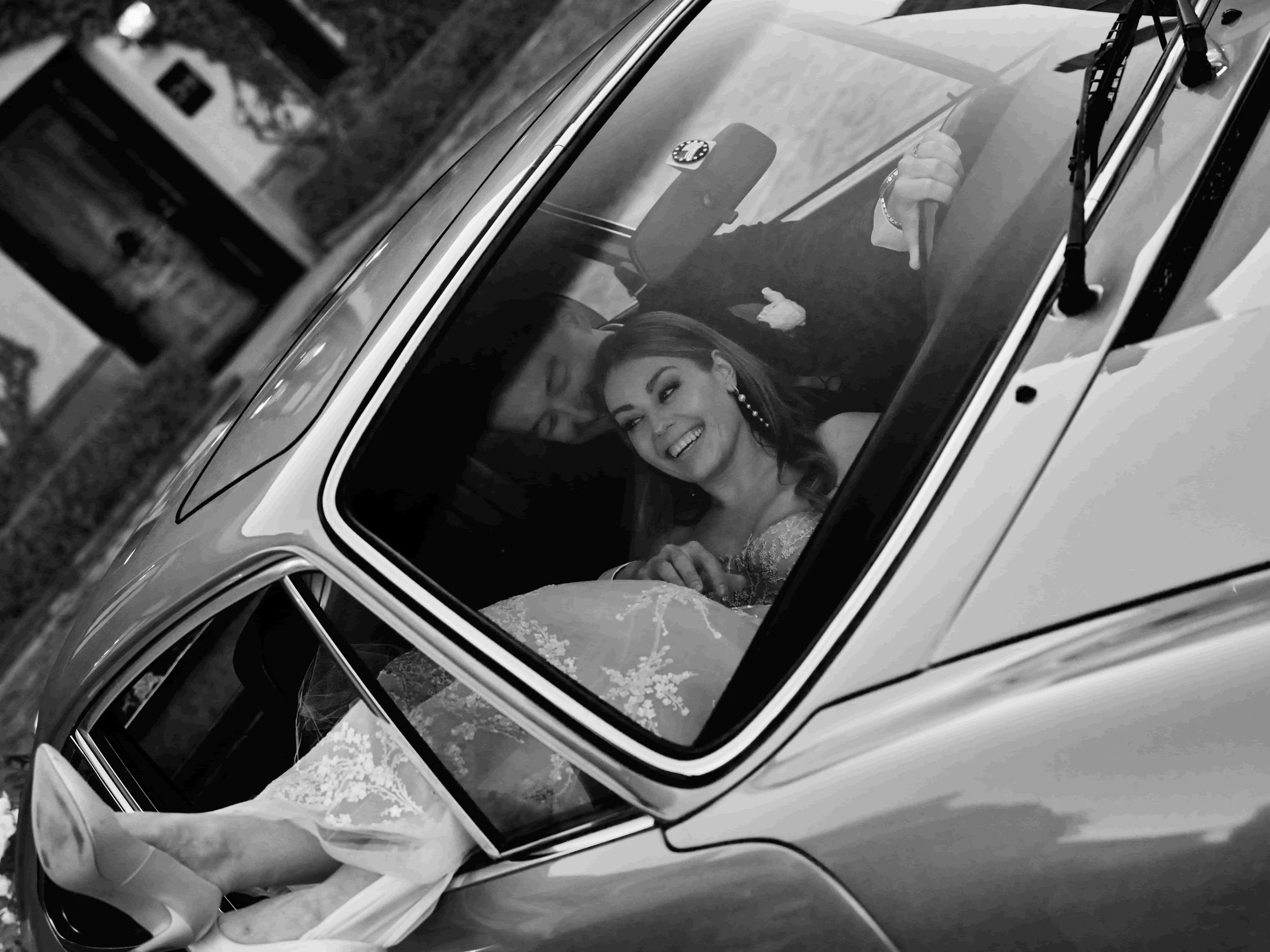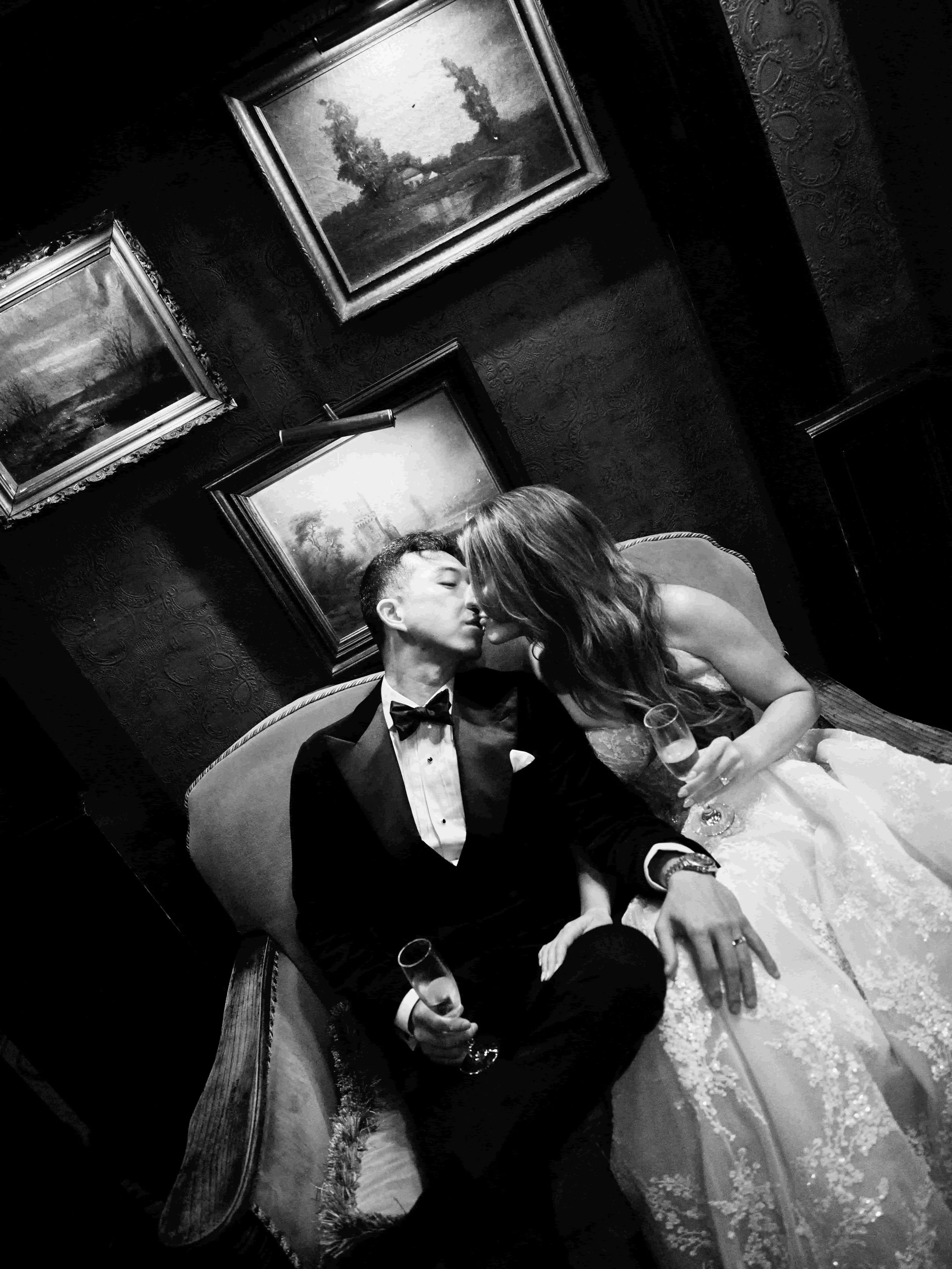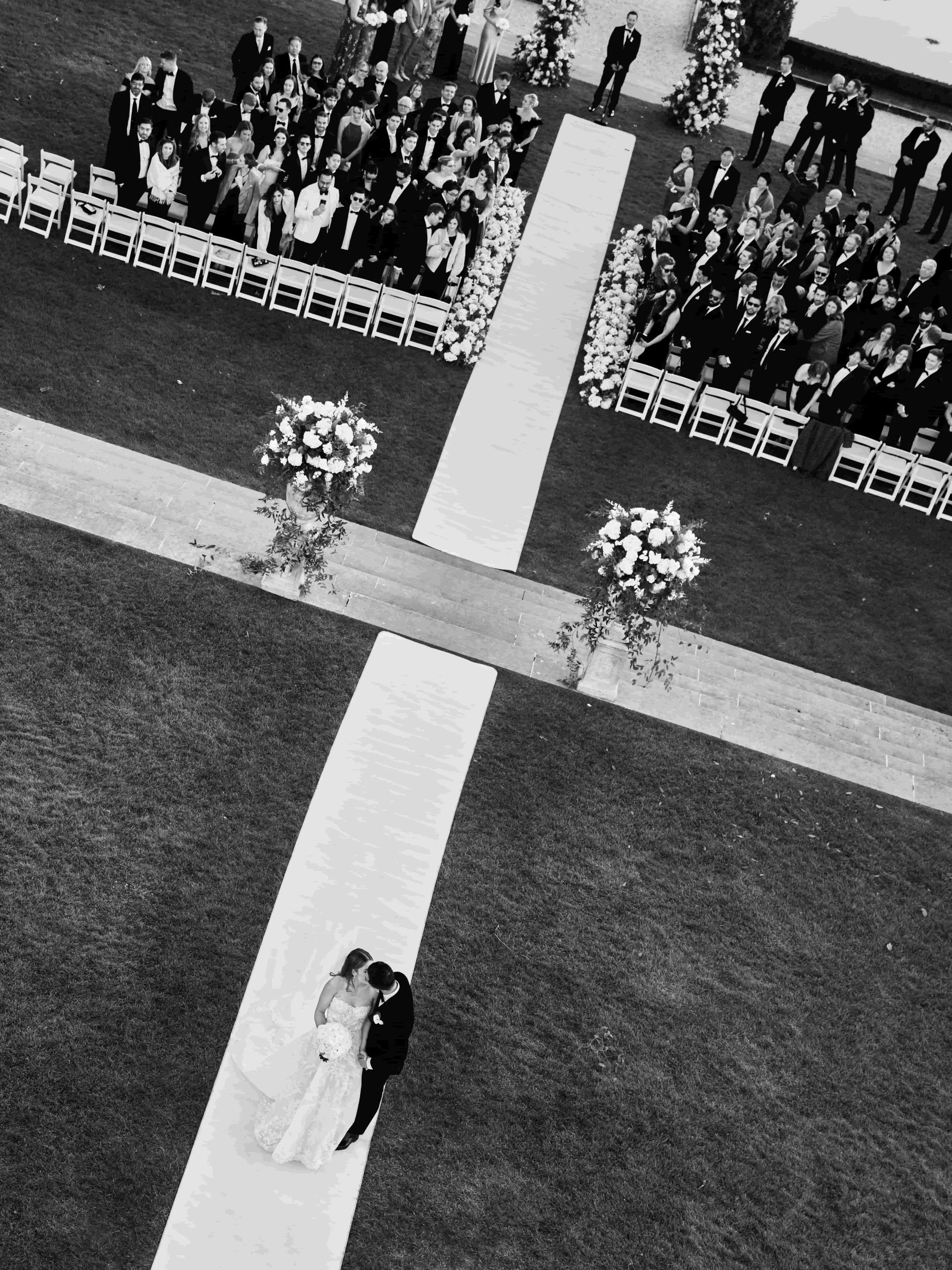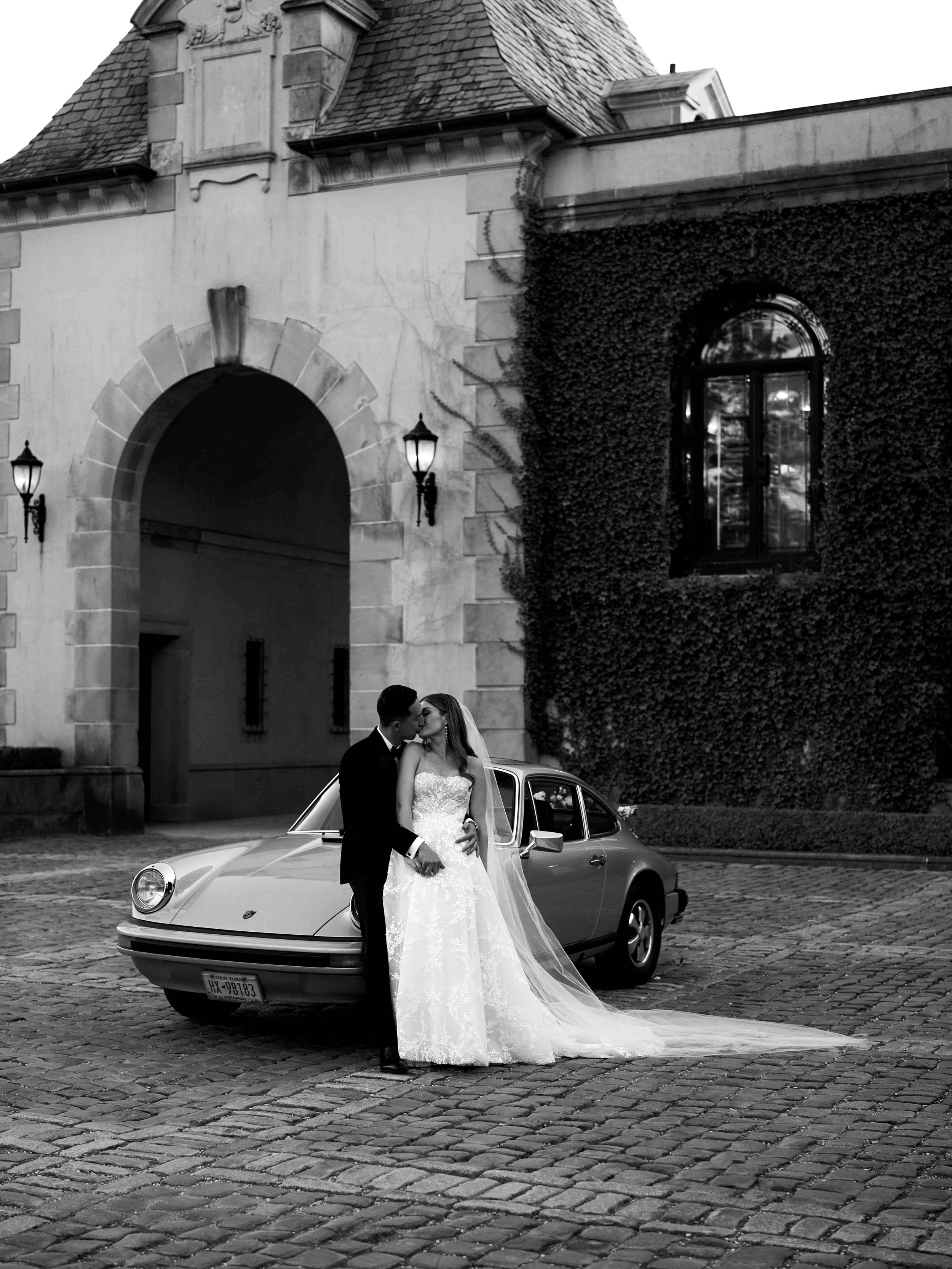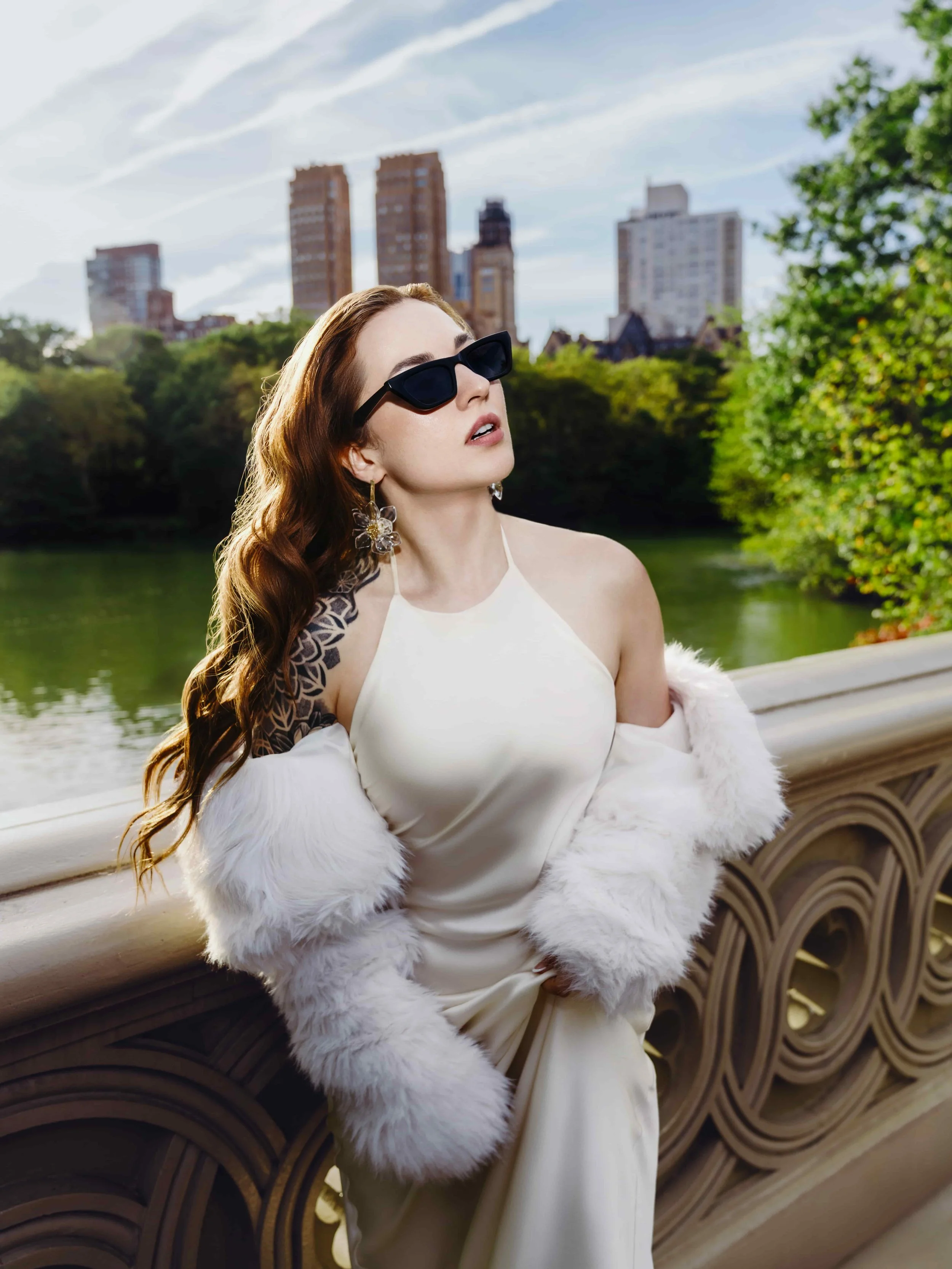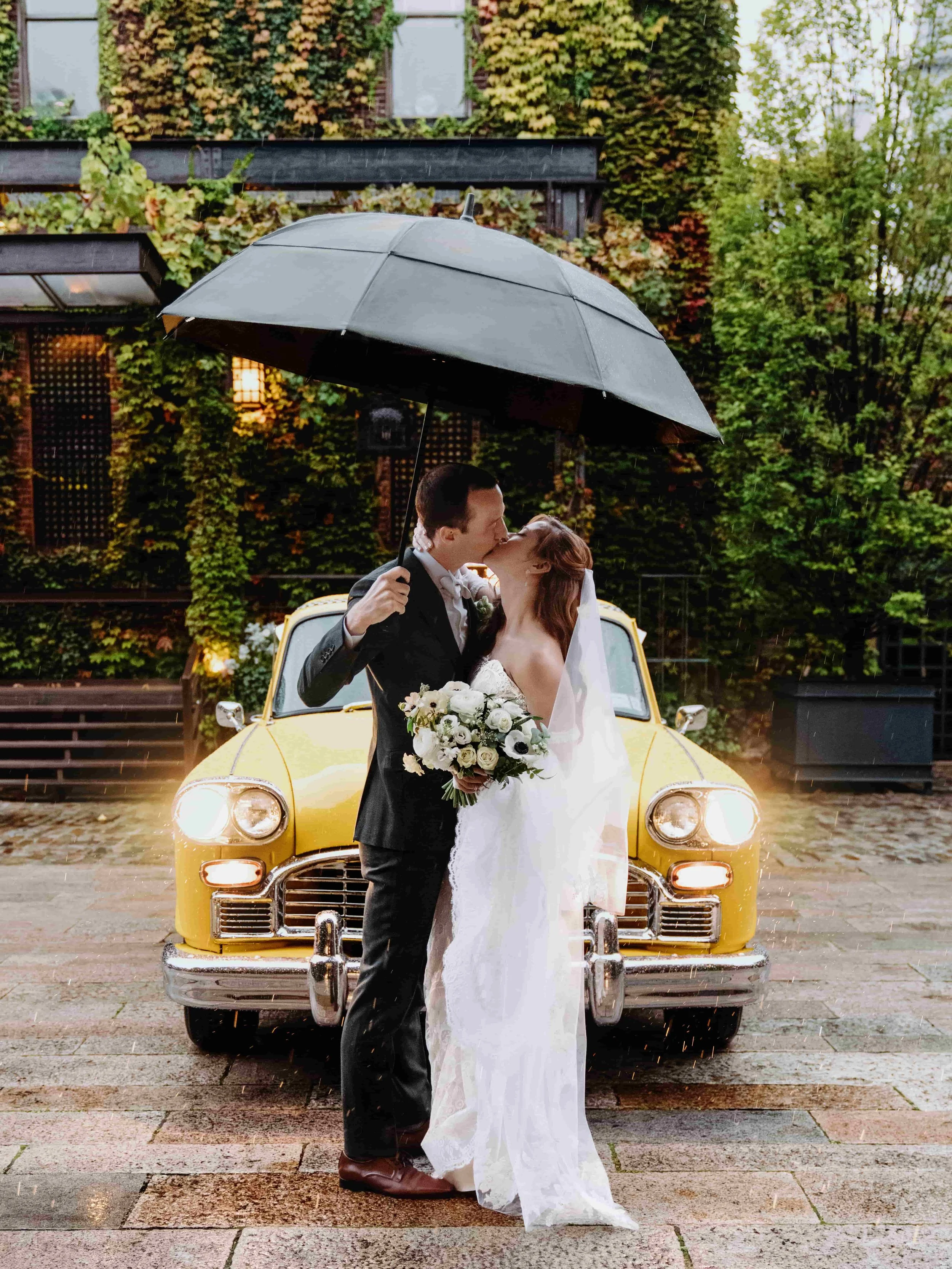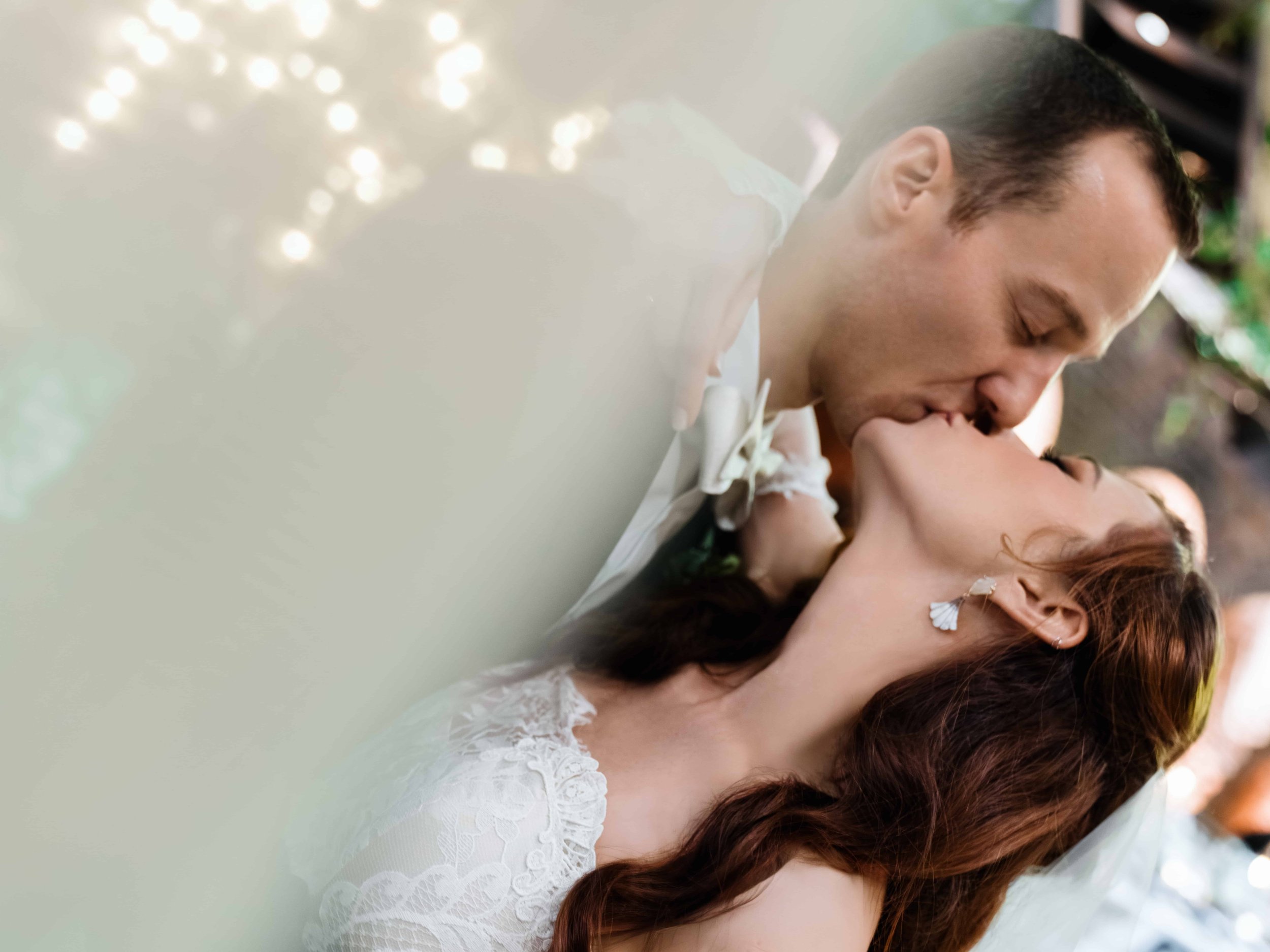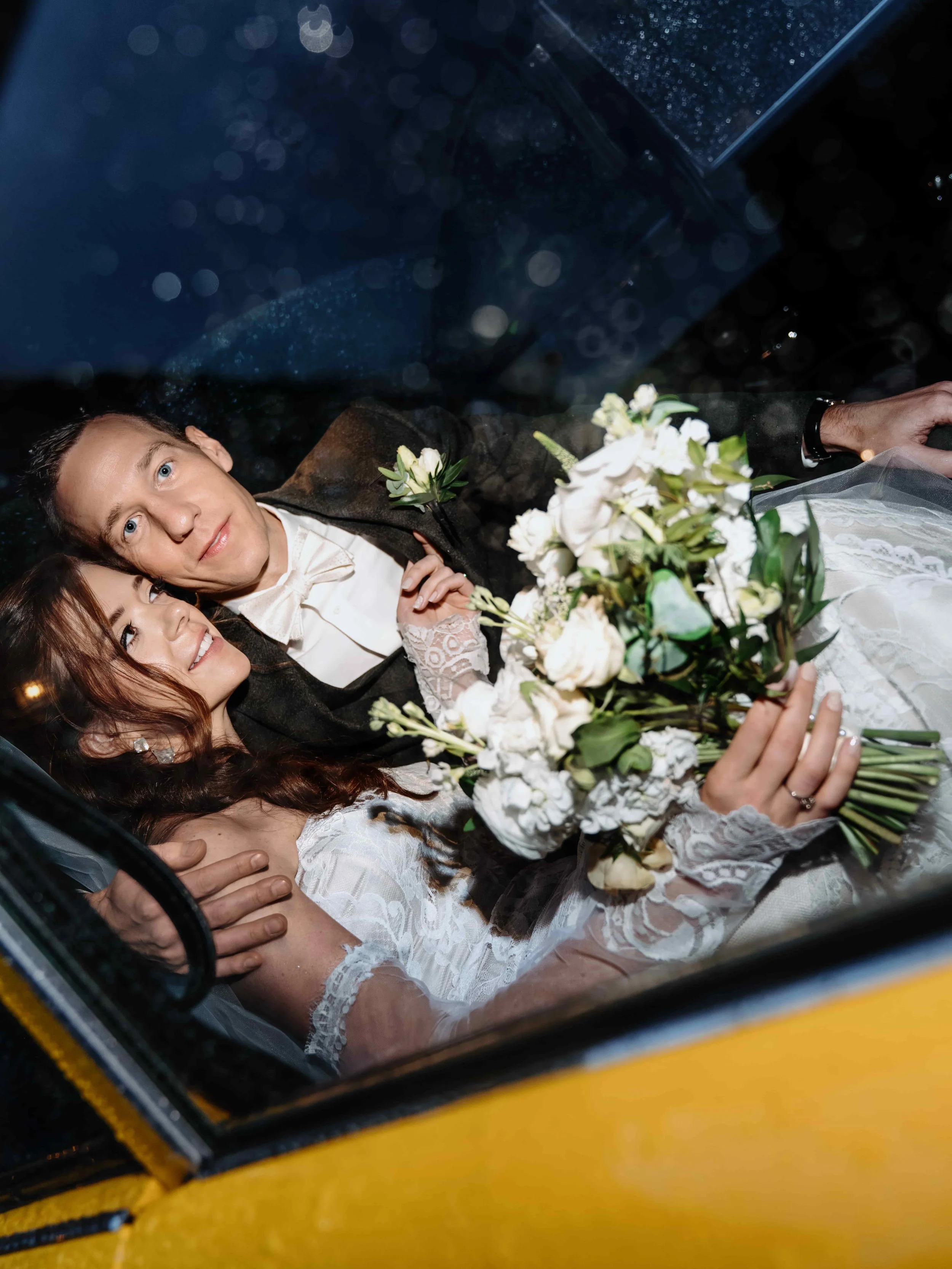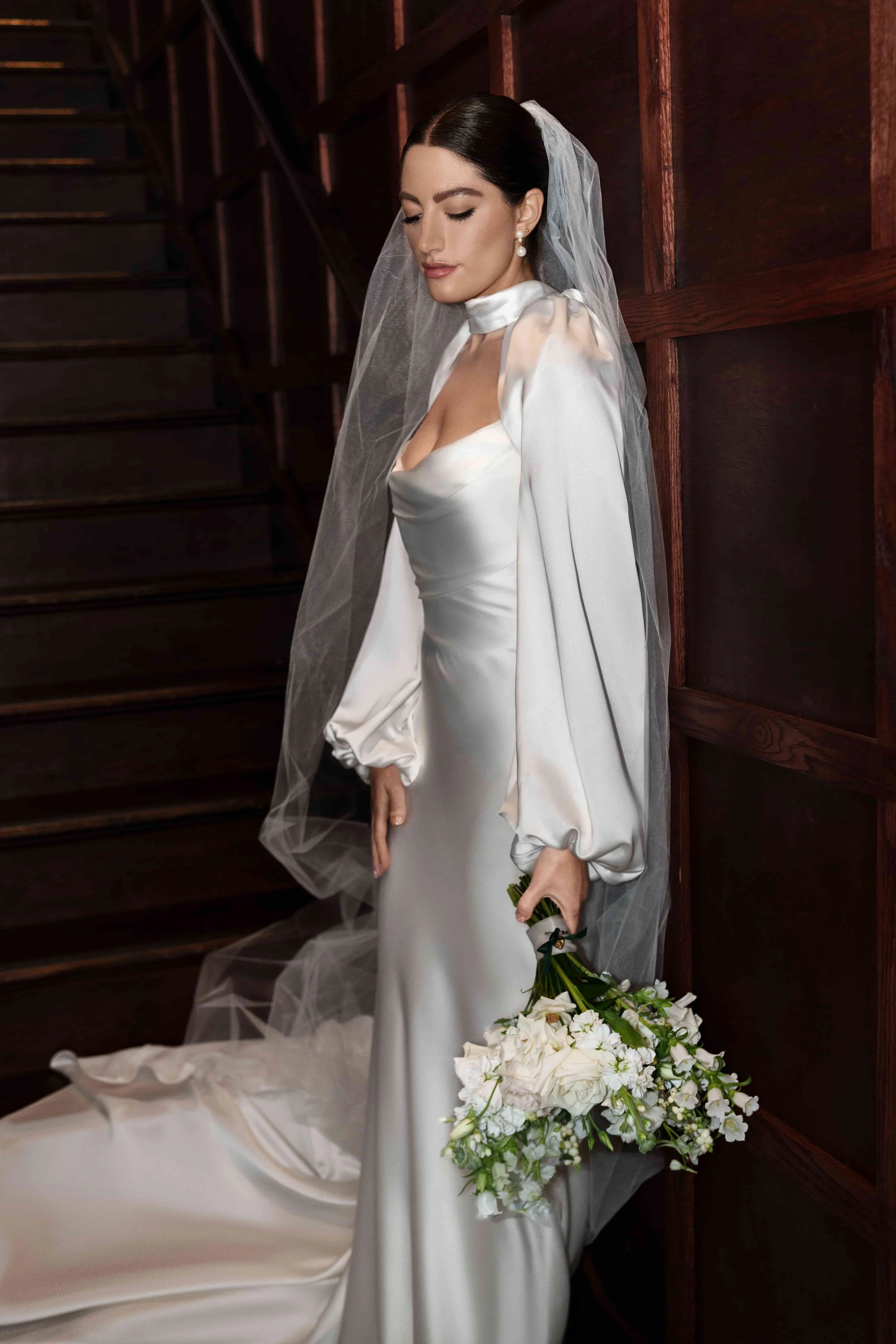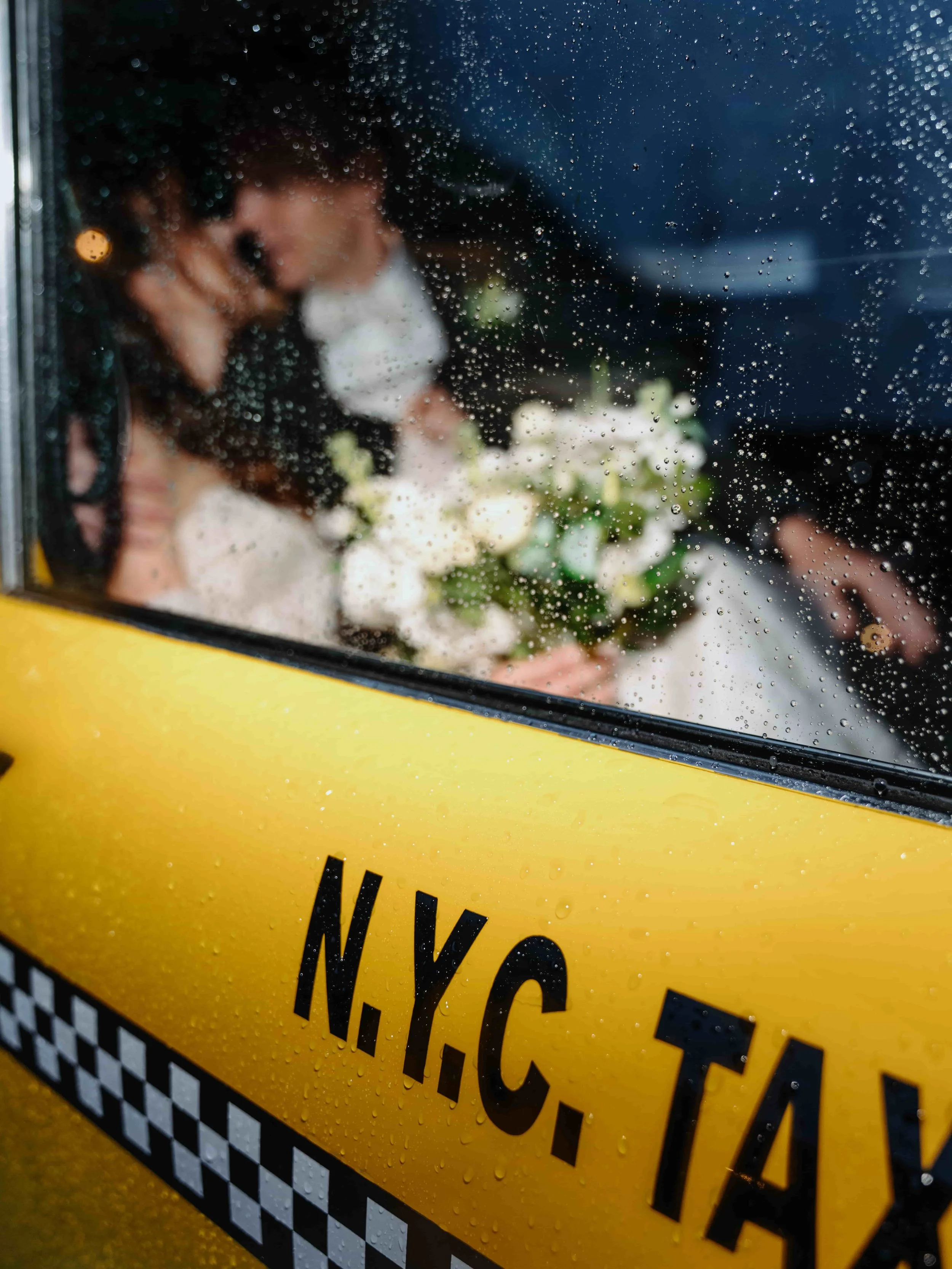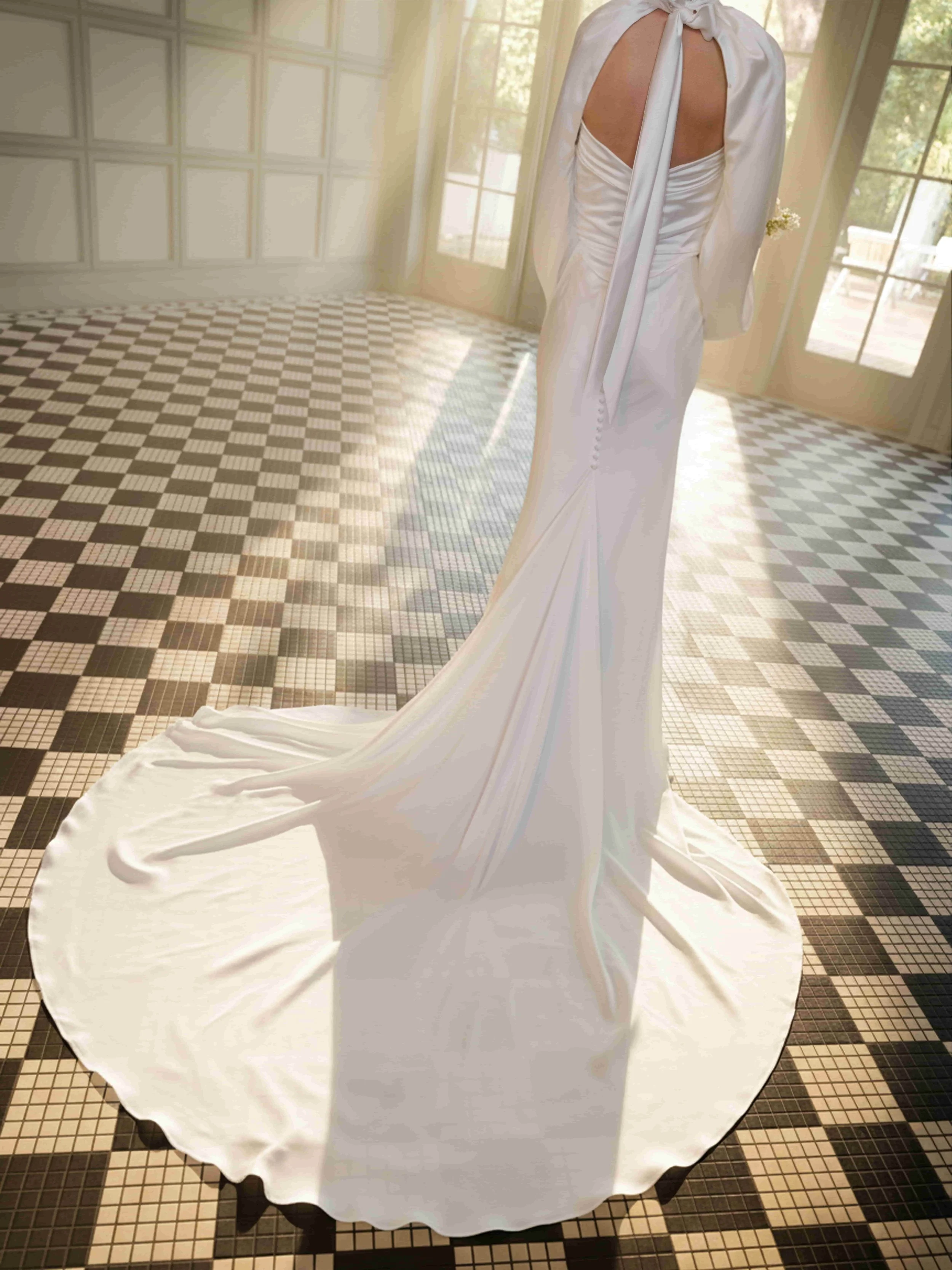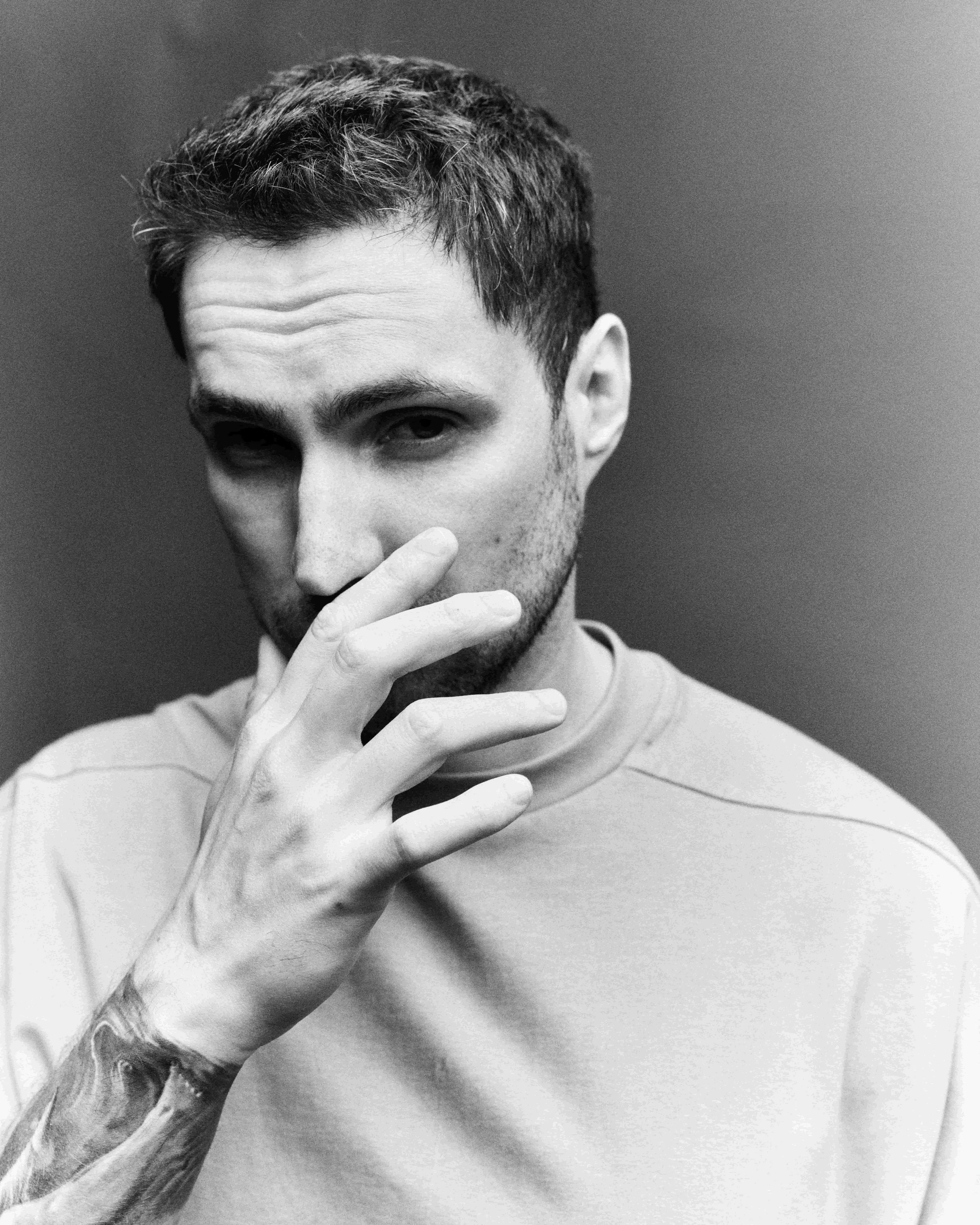How to Choose and Book a Wedding Photographer in NYC | 2026 Guide
A wedding photographer is a professional who specializes in shooting weddings. This guide is for engaged couples in NYC planning a 2026 wedding who want to ensure their memories are beautifully captured. Choosing the right photographer is one of the most important decisions you’ll make for your big day. Your photographer plays a huge part in your wedding day, being present throughout and responsible for capturing the memories that will last a lifetime. This guide will show you how to choose and book a wedding photographer in NYC for your 2026 celebration, ensuring you find the perfect match to document your special moments.
We’ll guide you on what to look for when choosing a wedding photographer, covering essential aspects to ensure your big day is beautifully documented.
Understanding Your Wedding Photography Needs
Identifying your specific wedding photography needs ensures you find the right photographer for your big day. Start by considering style preferences, budget constraints, and the specific moments you want to capture.
Defining Your Style Preferences
One of the most important steps in choosing a wedding photographer is understanding the different photography styles and how they align with your preferences. Understanding different photography styles—such as candid, posed, or editorial—is crucial for finding a photographer that matches your vision, as these styles can affect the overall feel of your wedding album. Identifying your vision and preferred wedding photography styles—such as documentary, fine art, traditional, editorial, or cinematic—is key to finding your ideal wedding photographer. It's also important to consider the photographer's business structure, such as whether they operate independently or have associates, to ensure you know exactly who will be capturing your event. The role of the wedding photographer extends beyond merely taking pictures; they document each moment, capturing the essence and emotions of your wedding day. Understanding your needs and the photographer’s role helps in making informed choices when selecting the right professional for your wedding.
Communicating Key Moments
Clearly defining your wedding photography needs streamlines the entire process. As part of your research, be sure to review the photographer's portfolio to evaluate their style and quality, ensuring their work matches your expectations. This clarity will guide you through budgeting, identifying key moments, and ultimately choosing a photographer who aligns with your vision. Understanding these elements ensures that the precious memories of your wedding day are captured beautifully and authentically. Taking this step is an important part of the overall wedding planning process, helping to set the tone for the rest of your preparations.
Determining Your Budget
Set a photography budget before searching for a wedding photographer. It's important to understand the price of wedding photography services, including what is included in the package, any additional fees or taxes, and how the price fits into your overall wedding budget. The average cost for wedding photography in the U.S. is around $2,500, typically making up about 12% of the total wedding budget. However, if photography is a high priority for you, consider giving yourself some wiggle room in the budget to ensure you get what you want.
An important factor influencing photography costs is the photographer’s experience, along with location and package offerings. More experienced photographers generally command higher fees, and their expertise can significantly impact the quality of your wedding photos. Higher costs often reflect a photographer’s experience, skill level, and professionalism. Expected minimum spending for an experienced wedding photographer is around $6,000, so adjust your budget accordingly.
Couples typically spend between $3,500 and $5,000 for full-day coverage from a wedding photographer in 2026. The price of wedding photography can range widely, from as low as $500 for student photographers to over $10,000 for top-tier professionals. On average, wedding photography accounts for 10-15% of your overall wedding budget. The best photographers often charge the most due to their experience and confidence in their ability.
Allocate 8-10 hours of photography coverage to capture all the essential moments and spend time ensuring nothing is missed.
Identifying Key Moments
Documenting key moments during your wedding day encapsulates the emotions and experiences of the day. Capture the most important things, including:
First kiss
Couple’s first dance
Exchange of vows
Family portraits (with parents, grandparents, siblings)
Candid moments (laughter, tears, and interactions)
Guests enjoying the celebration
Traditional group shots with family members (family formals)
Special or sentimental items or moments
It’s essential to communicate these important photos to your photographer so that meaningful moments or sentimental items are not missed. Additionally, key family moments, such as portraits with parents and grandparents, should also be prioritized. Be sure to include family formals—traditional group shots with family members—to ensure these important relationships are well-documented and organized.
Candid moments—like laughter, tears, and interactions—often tell a compelling story of the day. Don’t forget to consider capturing your guests enjoying the celebration, as they are part of your special moments and precious memories.
Share your list of key moments with your photographer to ensure they are covered on your special day. If you have any special requests for unique or sentimental photos, discuss these with your photographer in advance to make sure your wishes are accommodated.
Researching Potential Photographers
Selecting a wedding photographer is a crucial part of your wedding planning checklist. Many photographers have limited availability and book up quickly, so early research is crucial. Start by getting advice and recommendations from recently married couples who can provide valuable insights on how to choose a wedding photographer and connect with various wedding vendors. When researching, pay close attention to each photographer’s experience shooting weddings and the specific services they offer, such as photo editing or special techniques. Consulting online directories and wedding planning websites can streamline your search, offering a plethora of options to explore.
Some brides use platforms like Wedding Wire to find photographers, but we encourage brides to also seek personal recommendations and read client reviews to ensure credibility and trustworthiness. Today, the variety of wedding photographers stems from various photographers’ different styles, pricing packages, and social media accessibility. When researching, couples should clarify what services are included in each photographer's package and whether there are additional charges for extra services. Most photographers offer this variety, allowing you to find a photographer who matches your style and budget. Take the time to thoroughly research and create a shortlist of potential photographers who align with your vision.
Reviewing Portfolios
To evaluate a photographer’s ability to capture important moments throughout the day, consider the following steps:
Review the photographer's portfolio to evaluate their style and quality. The photographer's portfolio showcases their best work and helps you determine if their aesthetic aligns with your preferences.
Ask for full wedding galleries of a few recent weddings, not just highlights.
Request to see a full gallery from a recent wedding to assess consistency.
Review at least 2-3 full galleries to ensure the photographer consistently captures beautiful images.
Look for images taken at similar venues.
Look for images taken during various weather conditions to gauge their adaptability.
Reviewing a full gallery helps you evaluate the photographer’s ability to deliver high quality images throughout the entire event. It's important to ask to see full wedding galleries so you know what to expect from your own wedding photos. Make sure you love the photographer's work in their full galleries, not just what is shown on Instagram or their website. During consultations, ask photographers how they ensure consistent quality across their complete galleries and confirm that the final gallery you receive will include full resolution images suitable for printing. If the photographer’s portfolio seems mediocre after reviewing their full galleries, it’s best to look for other photographers that better meet your standards.
Reading Reviews and Testimonials
Read multiple reviews to gain a broader perspective on a photographer’s reliability and quality. Ask your friends for recommendations based on their own wedding experiences, as referrals from friends can be especially helpful in finding someone trustworthy.
Reviews and testimonials can also reveal how well a photographer handles special requests or customizations, such as accommodating unique photo ideas or specific needs during your wedding.
Check the photographer’s website for testimonials and examples from past clients to get a sense of their work and professionalism. Reading reviews from other brides can provide valuable insight into the photographer’s reliability, style, and ability to capture authentic moments that matter most to the bride.
Checking Social Media Presence
Engage with potential photographers on social media to understand their personality and values as a prospective photographer. Social media interactions can reveal a photographer’s professionalism and reliability based on how they communicate with clients and followers.
You can also gain insights into their recent work and the photographer's style by checking their social media feed. Observing their posts and interactions helps you assess both their artistic approach and their level of professionalism.
Evaluating Photography Style
Consider style and connection as main factors when choosing a wedding photographer. Choosing a good photographer is crucial—they can offer personalized advice, communicate effectively, and adapt to different conditions to ensure your day runs smoothly. Ensure the photographer’s photographic style aligns with your vision for the photos you’ll cherish. It’s important to align the photographer’s artistic vision with your own to ensure your wedding photos truly reflect your personality and story. Reviewing different wedding photography styles can help you choose the best fit for your day. There are various styles of wedding photography, including traditional, posed, emotive, hipster, documentary, candid, fine art, and film photography. Some photographer offers include fine art and film photography as premium options, providing unique artistic and timeless images. Wedding photography aesthetics can vary widely. They may encompass styles such as light and airy, high or low contrast, warm or cool tones, dark and moody, film emulation, and clean edits.
A photographer's editing style significantly impacts the final look of your wedding photos, so be sure to review full galleries to understand how your images will be presented. Consult with photographers to ensure they match your wedding style and can handle specific moments. A photographer should describe their style in a way that resonates with your expectations and vision for the wedding album. Consider booking an engagement session to get comfortable with the photographer’s style and approach before your wedding day.
Looking ahead, trends in 2026 are shifting toward cinematic imagery with deeper shadows and natural skin tones, so keep this in mind when evaluating your options.
Documentary vs. Traditional
Documentary photography captures genuine moments as they happen, while traditional photography focuses on posed shots and formal group portraits. A strong personal connection with your photographer encourages authenticity, leading to more heartfelt and meaningful photographs that are photographed in a way that highlights their true essence, showcasing good photography.
A good rapport creates a relaxed environment, reflected in the wedding photos. Reviewing the narrative of a photographer's portfolio can reveal their storytelling ability.
Editing and Post-Processing
Understand the photographer's approach to color correction and retouching when discussing editing styles and image adjustments, as they may do things differently. Inquire about how they adjust exposure, contrast, and shadows.
Ask how many rounds of edits are available, especially for specific requests like removing a guest from a photo. Make sure the photographer's editing style aligns with your vision for satisfaction with the final images.
Meeting and Communicating with Photographers
When interviewing a potential photographer, consider the following steps:
Interviewing Photographers
Set up a time to chat with the photographer as an essential step in the hiring process.
Interview them in person or by phone to discuss your wedding day details.
Ask about the photographer’s experience with similar-sized weddings to gauge their suitability for your event.
Evaluate their experience level and photography approach during your discussions.
Choosing your wedding photographer is about more than just technical skill—it’s about finding someone who can capture intimate moments and be present for the entire wedding day. If you're looking to capture every angle and moment, consider the benefits of having a second videographer at your wedding.
It’s important to connect with your photographer both aesthetically and interpersonally to ensure a positive experience. Maintain open communication with your photographer to keep both parties informed and comfortable. Make sure you are on the same page regarding deliverables, timelines, and expectations for your photos and albums. Here are some final thoughts.
Establishing personal rapport with your photographer can lead to a more enjoyable experience and good photos while photographing. You will be spending a significant part of your wedding day with your photographer, so they should feel like a friend. Spending the entire day with your photographer helps them capture authentic and intimate moments throughout the celebration.
Setting Up Consultations
To initiate the conversation and book a photographer, follow these steps:
Contact the photographer via their website or through phone calls.
Meet potential photographers in person or via Zoom before hiring.
Meeting photographers in person or via video helps interpret body language and assess first impressions.
During consultations with your photographer, consider the following:
Assess the photographer's excitement about your wedding vision.
Discuss the schedule for the wedding day.
Share all the details of your wedding day to help the photographer prepare and understand your expectations.
Provide necessary information relevant to the event.
Create a timeline to organize the day's events.
Ensure your comfort throughout the process.
Assess compatibility with the photographer to ensure a good working relationship.
Asking Essential Questions
Ask the following questions to the photographer:
Are you available on our wedding day?
How many weddings will you photograph the same weekend as ours?
Will you be the main photographer at our wedding, or will an associate take your place?
Will there be a second photographer or second shooter, or will you be the only one photographer covering the event?
Are two photographers available for comprehensive coverage of our wedding?
What is your backup process for safeguarding our images?
Do you have backup equipment in case of technical failures during our wedding?
Do you carry liability insurance?
How many hours are included in your wedding photography package, and how are additional hours handled?
Do we need to clarify the rights we will have to our wedding images before signing a contract?
Do you require a signed contract to officially book our wedding date?
Do you have experience shooting in low light conditions? Can you provide examples of your work in such environments?
What is the typical turnaround time for receiving wedding photos?
What is your backup plan in case you cannot photograph our wedding?
What is your refund or cancellation policy in case the wedding date changes?
What photography trends do you find appealing?
What shots are essential on your must-have list for your favorite photos?
Assessing Compatibility and Comfort
The ability to create a comfortable environment is vital for capturing genuine moments during wedding photography. Finding a perfect match in terms of personality and style is key to a successful collaboration. A photographer’s personality should align with yours to ensure a perfect fit for a comfortable working relationship in life.
Choose the photographer if you feel happy and confident in their offering. Feeling comfortable and confident in their work will help you feel confident and relaxed on your big day, leading to natural and beautiful photos. Remember to book early to secure your dream photographer and avoid disappointment.
After meeting with photographers, reviewing their portfolios, and considering your interactions, make your final decision with confidence, knowing you have evaluated all your options.
Building Rapport
When choosing a photographer, it's essential to feel comfortable and confident in their work. Finding a photographer who makes you feel comfortable helps you feel calm and confident in front of the camera.
A positive relationship with your photographer leads to better collaboration and improved wedding photos. Engage with photographers on social media to build a connection and feel more comfortable.
Trust and Professionalism
A photographer’s professionalism helps manage unexpected challenges on the wedding day, ensuring a seamless experience. Assessing the photographer's professionalism is crucial for ensuring quality service and handling unforeseen circumstances. While photographers have busy lives, timely communication is a sign of professionalism. A professional photographer should exhibit reliability and effective communication to manage wedding day dynamics.
Trusting your photographer lets you relax and enjoy your special day, knowing they will beautifully capture all the important moments.
Confirming Logistics and Details
Clarify coverage and chosen package details by discussing the specifics of your wedding day during consultations. Be sure to clarify exactly what services are included in your package, such as photo editing, retouching, or special techniques, and ask if there are additional charges for extra services. More expensive photography packages usually include more hours of coverage, an engagement shoot, and a wedding album. Engagement sessions are a popular add-on and are often included in wedding packages to capture pre-wedding moments and enhance your overall photography experience.
Popular wedding dates often require booking photographers 12 to 18 months in advance, so plan accordingly. Additional costs for wedding photography can include travel fees, extra time, or special services such as drone photography or engagement sessions. Photographers often offer options like engagement sessions, second photographers, photo albums, and photo booths.
Understanding the logistics and details prevents surprises and ensures everything runs smoothly on your wedding day.
Understanding Packages and Pricing
A standard one wedding photography package typically includes, for example:
Eight hours of coverage (be sure to clarify how many hours are included, how coverage is calculated from the photographer's arrival, and how additional hours are handled to avoid unexpected costs)
Two shooters
Digital images
A box of prints
Many 2026 packages also include an engagement session to help couples feel at ease in front of the camera.
Some photographers offer engagement photos as part of their wedding photography packages, but not all; only 70-80% of most couples tend to include them.
Inquire about the following regarding each package:
Are there any specializations catering to unique wedding themes or venues?
How many rounds of editing are included?
What are the terms for prints and albums?
Confirm the timeline for receiving your photos, particularly albums and print prints, as this affects your satisfaction.
Booking and Contracts
After selecting a wedding photographer, sign a contract and make a deposit. Hire a wedding photographer as soon as the wedding date and venue are secured, ideally about a year in advance.
To book a wedding photographer:
Confirm the photographer's availability.
Put the agreement in writing.
Provide a non-refundable deposit along with a signed contract.
Discuss the payment process, including due dates and installment options, before signing.
You should always sign a contract to officially book your wedding photographer and ask how much of a deposit is required and when it is due.
Wedding photographer choosing is a process that involves careful research, evaluation, and timely booking to ensure you find the best fit for your wedding day.
Choosing the right wedding photographer involves understanding your specific needs, researching potential candidates, evaluating their styles, and ensuring compatibility and comfort. By following these steps, you can confidently select a photographer who will beautifully capture the precious moments of your special day. Remember, the right photographer will not only take stunning photos but also create a delightful experience from start to finish.


